DALLAS — In one of the most talked about and exciting technological and economic races in the industry, Harbour Air (YB) aims to make its commercial debut with its ePlane as soon as 2026.
Harbour Air, a seaplane airline located in Vancouver, Canada, has been performing test flights with a modified De Havilland DHC-2 Beaver with an electric engine since 2019. This prototype aircraft is helping the company transform its whole fleet to fully electric aircraft and be among the first airlines in the world to do so.
Harbour Air welcomed the Airways team inside its maintenance center, located south of Vancouver Airport (YVR), and briefed us about the latest ePlane developments.

Main Goal, Challenges of the Project
Erika Holtz, the Lead Engineer and project Manager of the Harbour Air ePlane stated that the current goal is to develop a technology that can ease the certification of a fully electric power plant installable not only on the DHC-2 Beaver but also on other members of the fleet.
As of June 2024, YB operates a fleet of four different seaplanes: the DHC-2 Beaver, the DHC-3 Turbine Otter, the DHC-6 Twin Otter, and the Cessna 208 Caravan.
The test aircraft, registered as C-FJOS, has already successfully completed 78 flights, each involving testing newer batteries. This is one of the main challenges the ePlane is facing at the moment. It is very difficult to develop batteries that can power the engine and are light enough to achieve a viable range and performance for the aircraft.
“We don’t know what we don’t know,” said Shawn Braiden, VP of Maintenance at Harbour Air; “Every time we fly the plane, we learn new problems and come up with new solutions.”
“Harbour Air wants to fly this plane 8 to 12 times a day during tours, and the electric plant heats up with every battery charge and discharge during these operations,” said Erika. The team, therefore, is also focusing on finding a method to evacuate the heat that would not disrupt the daily routine of the ePlane.

What Do We Know About the Engine Provider?
Harbour Air has chosen MagniX as the engine provider to power the airline's future ePlane fleet. The current prototype of the DHC-2 eBeaver uses the Magni500 EPU. In April, YB signed a Letter of Intent (LOI) to purchase 50 units of the upgraded Magni650 version.
MagniX is one of the main racers for introducing electric aviation. Apart from Harbour Air, it is also collaborating with the startup Eviation and even with NASA, which is studying to develop a fully electric version of the De Havilland Dash 7.
“MagniX has been awesome to work with,” said Shawn Braiden, “We are doing everything we can to make sure that the ePlane is safe, certified and working.”

First Commercial Flight in 2026
Harbour Air's team targets the end of 2026 as the date when the first commercial flight should be made. This date depends heavily on the work left to be completed by MagniX, which is still awaiting certification by the FAA, Transport Canada, and EASA.
On the other hand, Harbour Air is now focusing on reducing the weight of batteries and increasing their energy density, while their engine provider obtains the full certification of the electric power plant that will be mounted on their ePlane fleet.
What are your thoughts on the development of electric airplanes? Do you think that this technology is ahead of its time? Share your thoughts on our social media platforms, and stay tuned for the detailed video inside Harbour Air’s Maintenance Center on YouTube!


.avif)
.avif)
.avif)
.avif)
.avif)
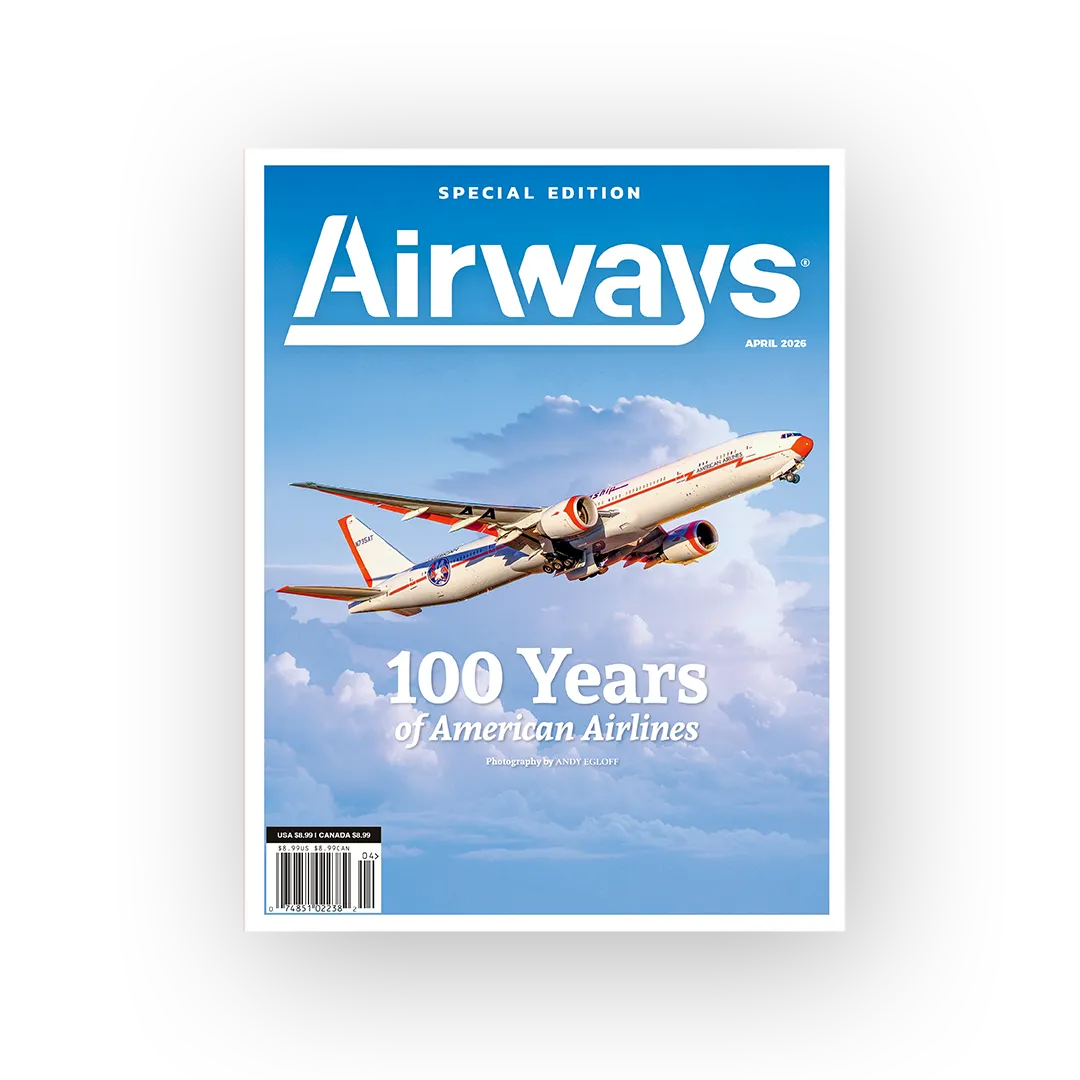
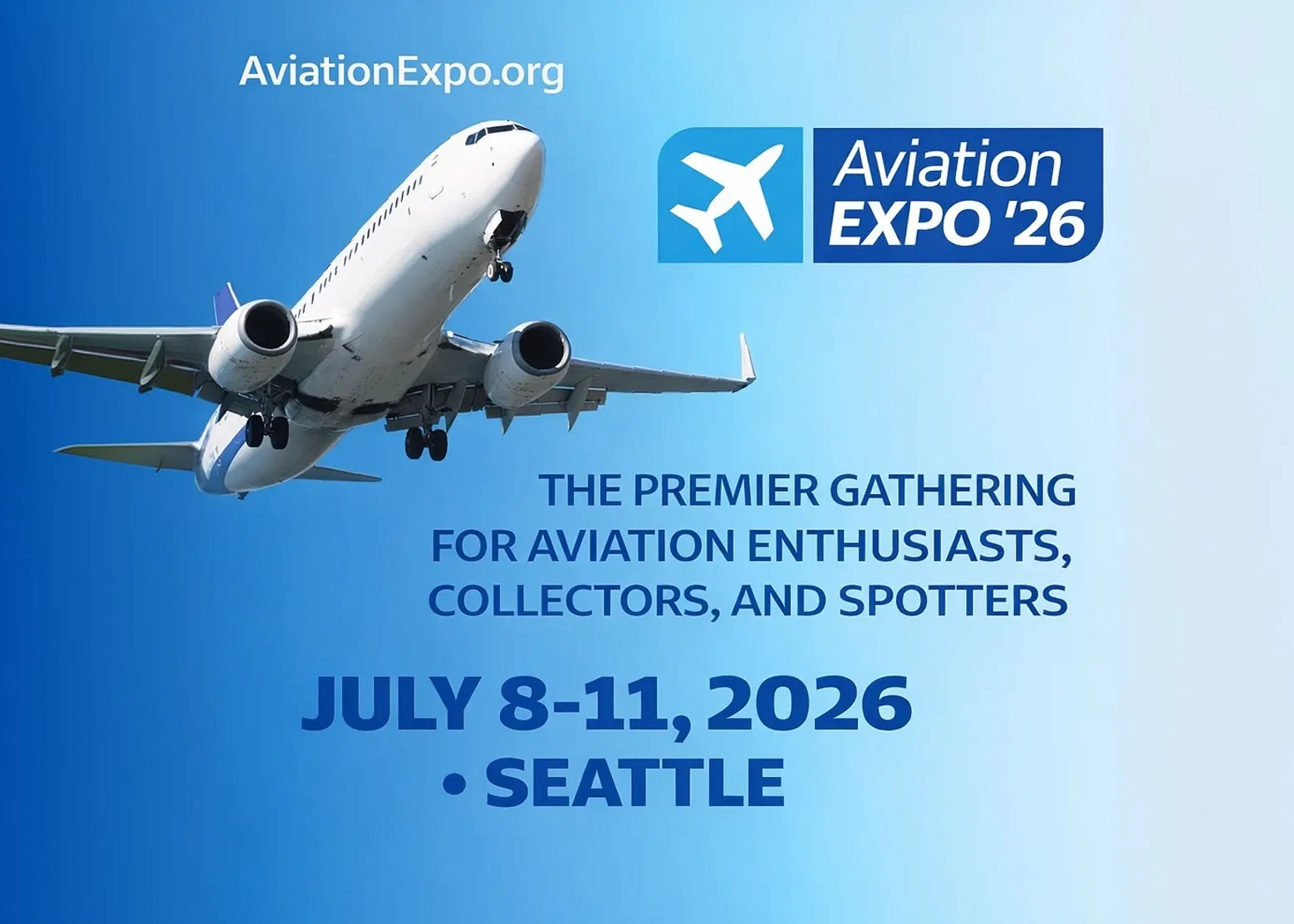
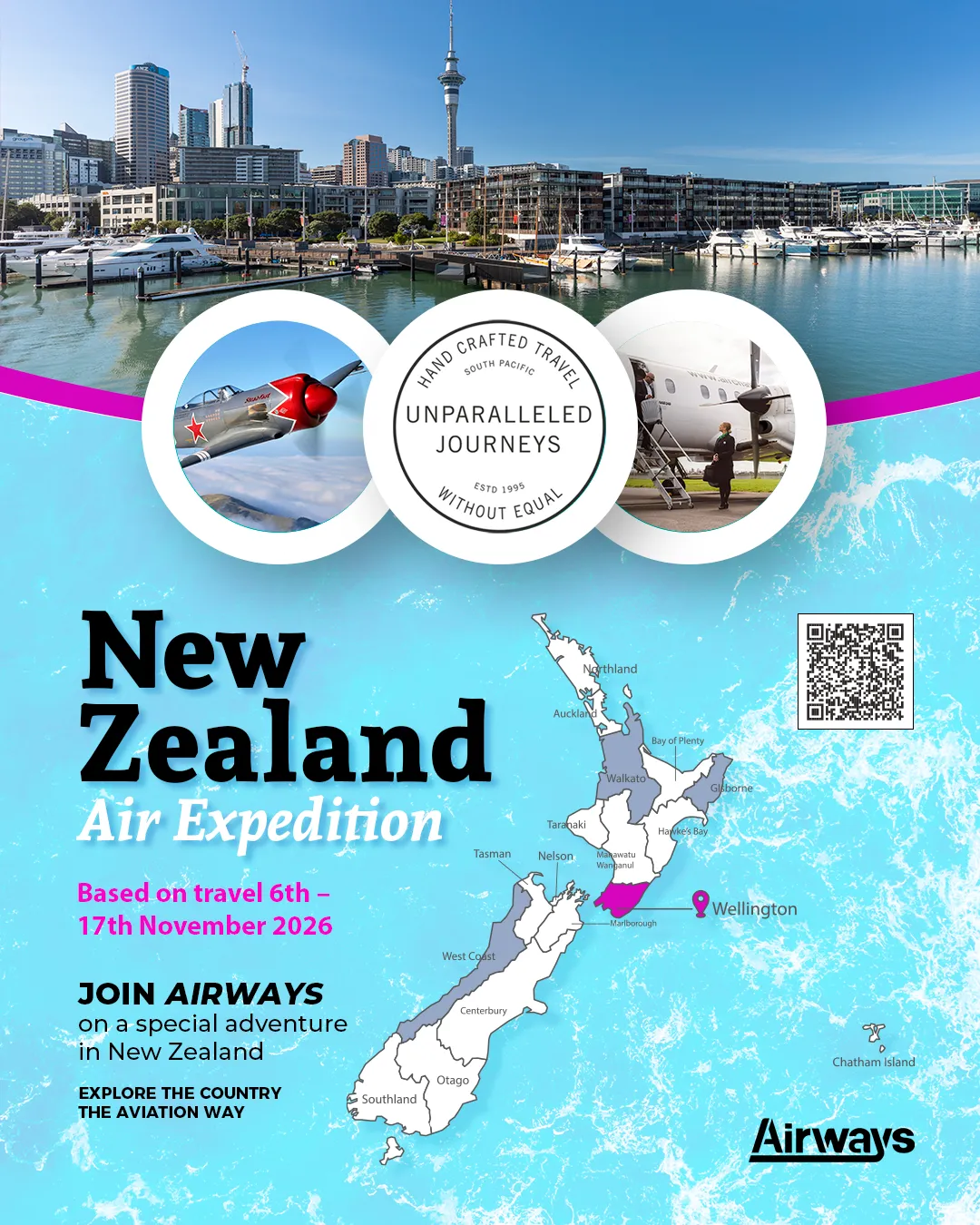
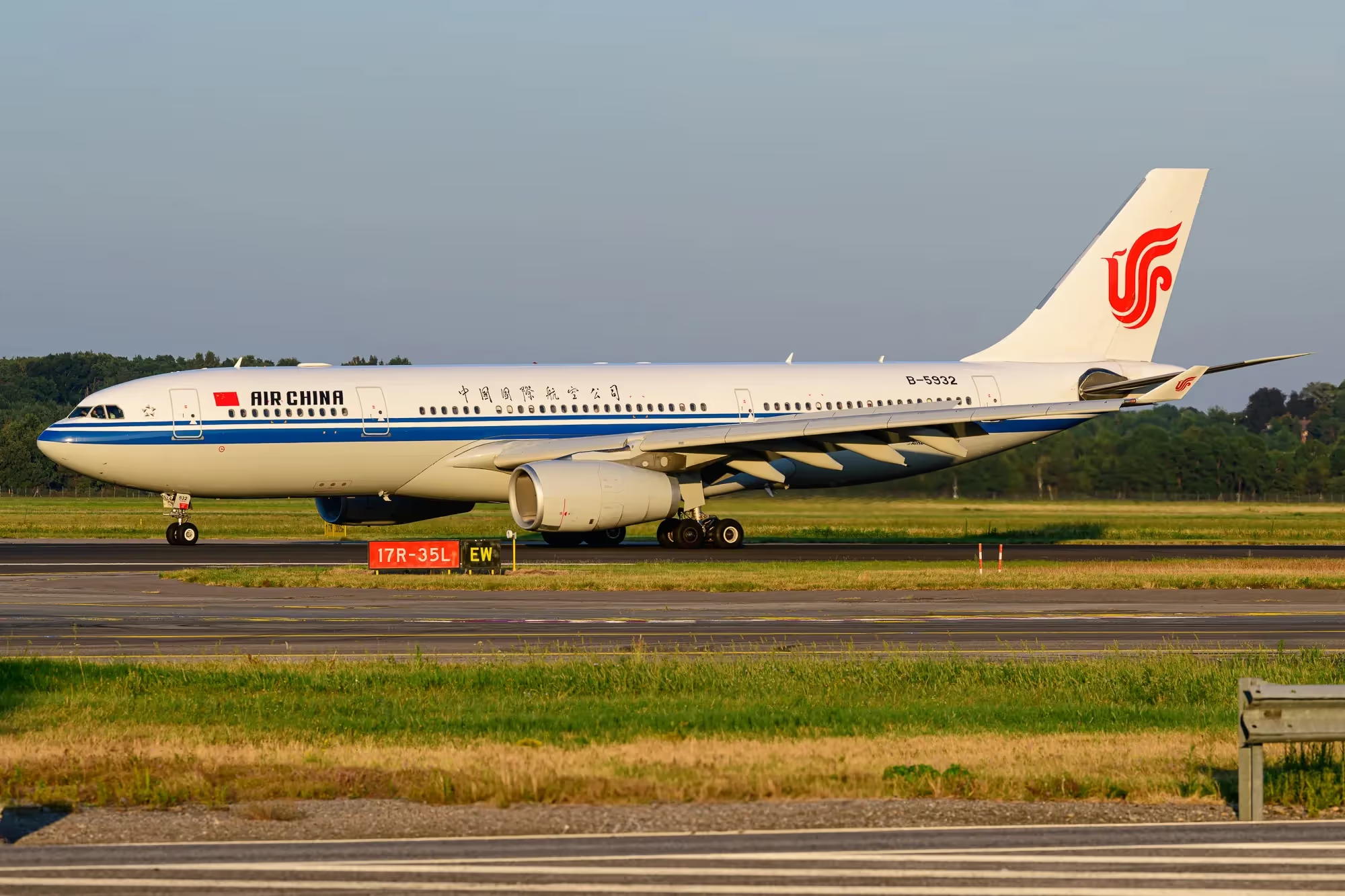
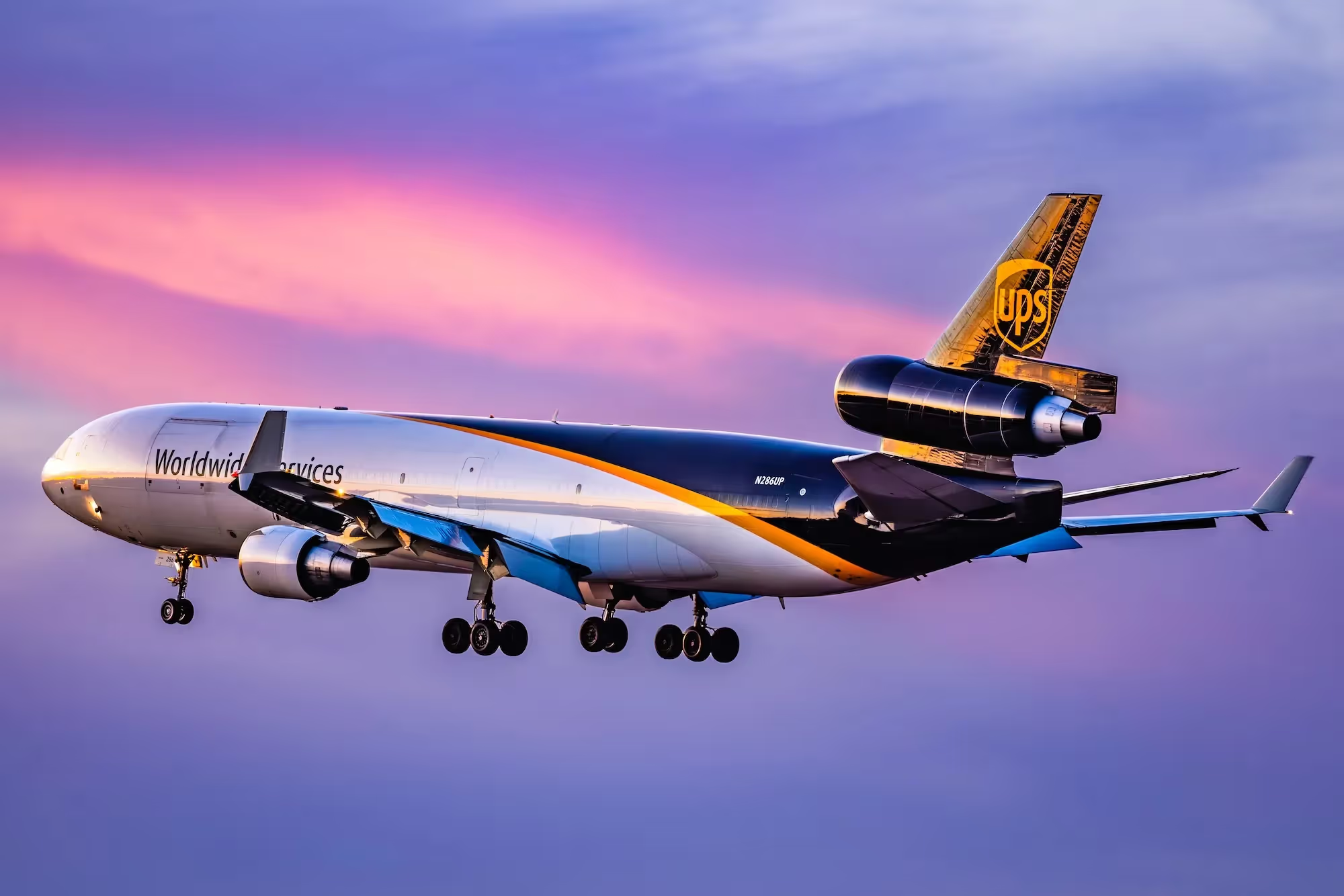
.avif)